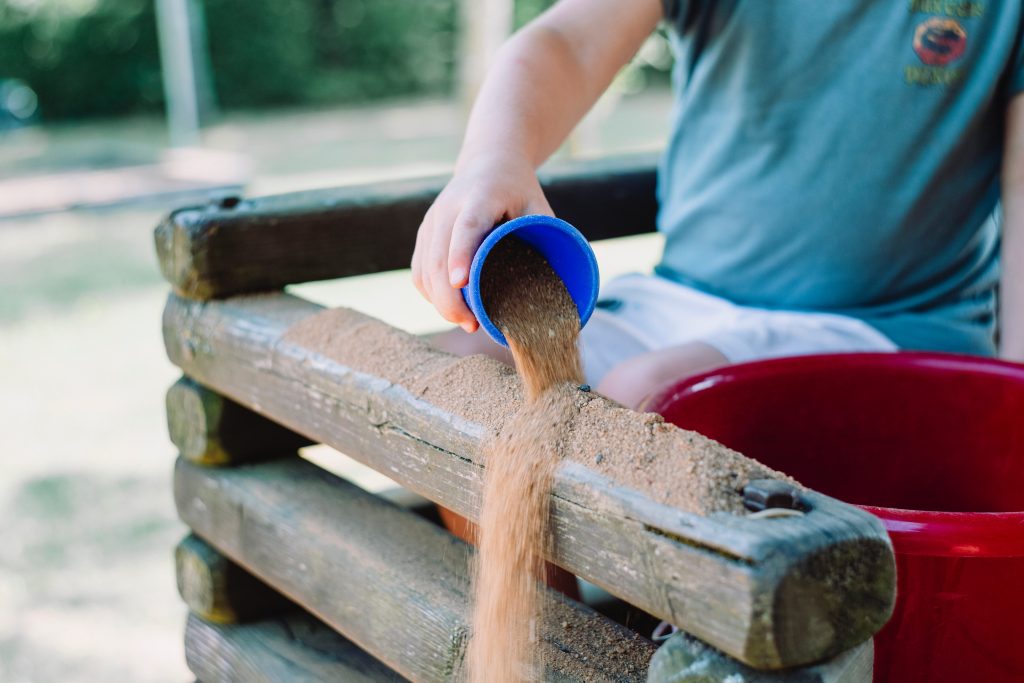The Department for Education has published an updated version of the statutory guidance ‘Keeping Children Safe in Education’ (2016), which revises and replaces the 2015 guidance. The guidance is currently in draft form but it will come into force on 5 September 2016. It sets out what registered nurseries, schools and colleges in England must do to safeguard and promote the welfare of children and young people under the age of 18.
Some highlights of the changes are as follows:
- Stresses the importance of acting in the best interests of the child, professionals working together to get a full picture of the child’s needs and the key role that schools in particular play in safeguarding children
- States that all staff must be made aware of the early help process, and the need for constant review and communication with children’s social care if the child’s welfare is not improving with early intervention
- New paragraph stating that in addition to all staff being required to attend safeguarding and child protection training it is recommended that staff should receive updates via email, staff meetings or e-bulletins to keep their skills and knowledge up to date. This is recommended at least annually
- States the mandatory reporting of female genital mutilation (FGM) by teachers
- States that staff should seek alternative sources of help outside the setting if they feel they cannot report a concern within their organisation (Whistleblowing)
- Talks explicitly of the dangers of on peer on peer abuse, child sexual exploitation, online abuse, sexting, gender based bullying
- Emphasises the importance of policies and procedures in ensuring that action is taken in a timely manner if concerns arise, and in involving staff with expertise in the writing of them
- Gives clarity that although safeguarding duties can be shared with other staff members, the lead responsibility for all safeguarding matters must remain with the designated safeguarding lead (DSL)
- The DSL should be a senior member of staff from the leadership team
- Schools can decide whether or not they appoint more than one deputy to the DSL. They must be trained up to the same standard
- States that data protection fears should not be a barrier to information sharing as the safety of the child should be of utmost importance.
For further details and to read the new guidance follow this link and click on the 2016 document:
https://www.gov.uk/government/publications/keeping-children-safe-in-education–2#history
